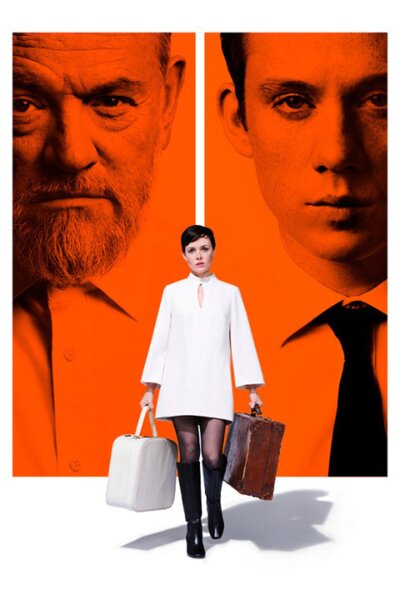
Critic Reviews (10)
“The play, even in as variable a revival as the one now at the Young Vic, remains as mysterious as ever: a two-hour provocation that may prove rough sailing for some in today’s hyper-sensitised times but is worth attention for a linguistic command that is both elliptical and energising.”
Read more
“This is a story about the impossibility of escaping your past, or your nature. Its flaw is that Teddy is a passive, insipid character compared to his male kin, and that in the world of the play, all women are whores...But you don’t need that contemporary relevance to appreciate a terrific production that renders the play as both an authentic 1960s artefact, and a timeless study of aggression.”
Read more
“Harold Pinter’s two-act family drama has variously been seen as an Oedipal struggle between fathers and sons, a misogynistic tract that fatally sexualises its female character...Matthew Dunster’s production, intentionally or otherwise, appears more like a snapshot of misogyny at its most unapologetic”
Read more
“Dunster is second to none when it comes to wrangling celebrity casts – this is the first stage outing in years for Harris and Cole – and there are solid performances here, most notably Diveney as the ambivalent Ruth. And I really think I get what he’s tried to do directorially: essentially bring Pinter back to his east London, working-class roots and sod the metaphysics.”
Read more
“this ‘Homecoming’ is played like a dark drawing room comedy, skating along the surface of the play. Perhaps there are no depths to be discovered. I begin to wonder.”
Read more
"Matthew Dunster’s revival of Pinter’s 1965 play is stylishly expressive, and boasts a real star turn from the Crown and Mad Men alumnus"
Read more
“...Harold Pinter’s ‘The Homecoming’ needs a clear-sighted vision to keep things the right kind of fairytale nightmarish. Director Matthew Dunster’s staging might have a megawatt cast on board, but it feels horribly underpowered on the Young Vic’s massive stage.”
Read more
“It’s a bleakly horrible psychodrama, delivered with consummate skill.”
Read more







